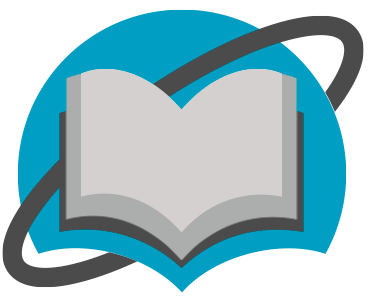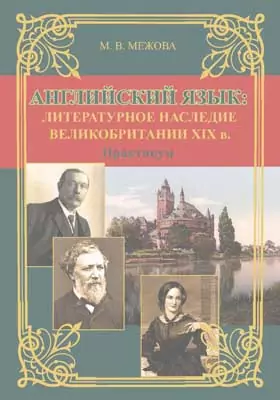Английский язык : литературное наследие Великобритании XIX в.
Автор: Марина Межова
Форматы: PDF
Издательство: Кемеровский государственный институт культуры (КемГИК)
Год: 2016
Место издания: Кемерово
ISBN: N 978-5-8154-0335-2
Страниц: 136
Артикул: 11509
Краткая аннотация книги "Английский язык"
Практикум является дополнительным учебно-методическим материалом к базовому курсу дисциплины «Иностранный язык» для формирования навыков устной речи, перевода, реферирования, воспроизведения аутентичного текста общекультурной направленности. Разработан как для проведения практических занятий, так и для самостоятельной подготовки студентов. Практикум представляет собой изложение биографического материала об английских писателях и поэтах XIX века, а также содержит исторические сведения об основных литературных направлениях и тенденциях, характерных для английской литературы XIX века. Соответствует требованиям ФГОС ВО. Рекомендуется студентам всех направлений подготовки бакалавров, специалистов, магистров.
Содержание книги "Английский язык"
Введение
1. Методические рекомендации по работе с практикумом
2. Литература Англии XIX века в творчестве английских писателей и поэтов
Jerome Klapka Jerome (Джером Клапка Джером)
Oscar Wilde (Оскар Фингал О’Флаэрти Уиллс Уайльд)
George Gordon Lord Byron (Джордж Гордон Байрон)
Sir Arthur Ignatius Conan Doyle (Сэр Артур Игнейшус / Игнатий / Конан Дойль)
Charles John Huffam Dickens (Чарльз Джон Хаффем Диккенс)
Joseph Rudyard Kipling (Джозеф Редьярд Киплинг)
Lewis Carroll (Charles Lutwidge Dodgson) (Льюис Кэрролл)
Sir Walter Scott (Сэр Вальтер Скотт)
Abraham "Bram" Stoker (Брэм Стокер)
William Makepeace Thackeray (Уильям Мейкпис Теккерей)
Herbert George Wells (Герберт Джордж Уэллс)
Thomas Hardy (Томас Харди)
Gilbert Keith Chesterton (Гилберт Кит Честертон)
Guthrie, Thomas Anstey (Гатри, Томас Энсти)
Charlotte Mary Yonge (Шарлотта Мэри Янг)
Edward George Earle Lytton Bulwer-Lytton, 1st Baron Lytton (Эдвард Бульвер-Литтон, 1-й барон Литтон)
Alfred Tennyson, 1st Baron Tennyson (Альфред Теннисон)
Elizabeth Cleghorn Gaskell (Stevenson) (Элизабет Гаскелл)
Charlotte Bronte (Шарлотта Бронте)
Emily Jane Bronte (Эмили Бронте)
George Eliot (Mary Ann Evans) (Джордж Элиот / Мэри Энн Эванс)
Anthony Trollope (Энтони Троллоп)
Robert Browning (Роберт Браунинг)
George Meredith (Джордж Мередит)
William Morris (Уильям Моррис)
Robert Louis Stevenson (Роберт Льюис Стивенсон)
Jane Austen (Джейн Остин)
Mary Shelley (Мэри Шелли)
Percy Bysshe Shelley (Перси Биши Шелли)
Список литературы
Все отзывы о книге Английский язык : литературное наследие Великобритании XIX в.
Отрывок из книги Английский язык : литературное наследие Великобритании XIX в.
18 In January 1815 he was married to Annabella Millbanke and she gave birth to a daughter in December, but left him in January 1816 and never returned. Byron signed the separation papers and left England in April of that year, never to return. In the autumn of the same year (1816) he left for Venice. Byron settled in mid June at the Villa Foscarini at La Mira on the Brenta, seven miles from Venice. Here, he began to distill his memories of Rome into poetry. Composing rapidly, he had completed the first draft for 126 stanzas of Childe Harold, Canto IV, by mid July, but he revised and expanded the manuscript for the rest of the year. The first five cantos of Don Juan were written between 1818 and 1820, during which period he made the acquaintance of the young Countess Guiccioli, who found her first love in Byron. He followed her to Ravenna, and won the friendship of her father and brother, who initiated him into the revolutionary society of the Carbonari, a group involved in fighting for freedom from Austrian rule. Here he continued the Don Juan and wrote the Ravenna Diary, My Dictionary and Recollections. In Italy Byron found himself tempted to give dinner parties; his guests included the Shelleys, Edward Ellerker Williams, Thomas Medwin, John Taaffe and Edward John Trelawney. Shelley and Williams rented a house on the coast and had a schooner built. Byron de-cided to have his own yacht, and engaged Trelawny’s friend, Captain Daniel Roberts, to design and construct the boat, named the Bolivar. When Byron left for Greece in 1823, it was sold. His voyage is covered in detail in Sailing with Byron from Genoa to Cephalonia. In April 1823 the London Greek Committee contacted him with a view to acting as its agent in helping the Greeks with their War of Independence from the Turks. Byron immediately accepted the role. By the 23rd he was well enough again to arrange the release of 29 Turkish prisoners, men, women and children. In early April he caught a violent co...
С книгой "Английский язык" читают
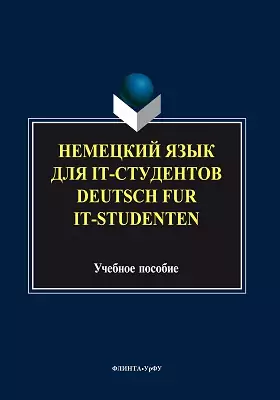
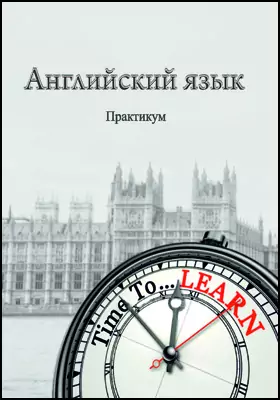
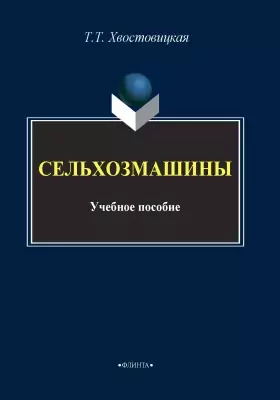
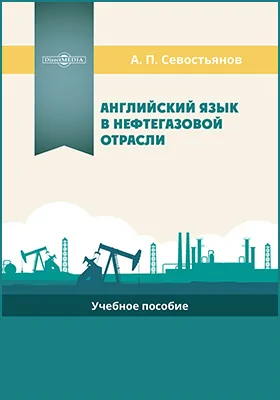
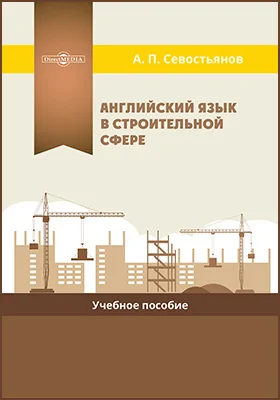
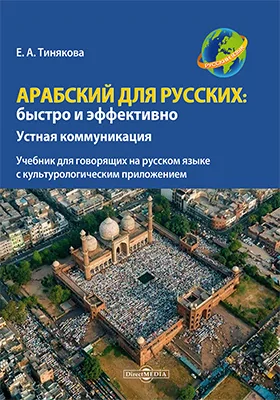
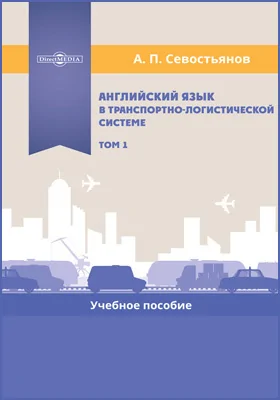
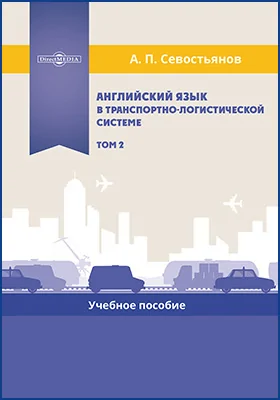
Бестселлеры нон-фикшн
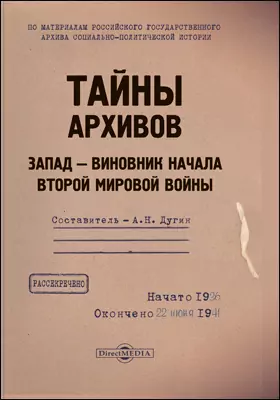
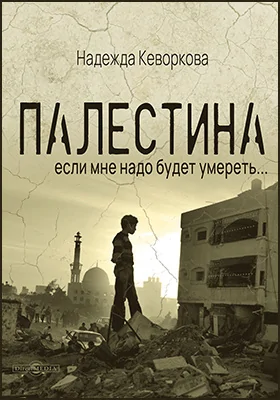
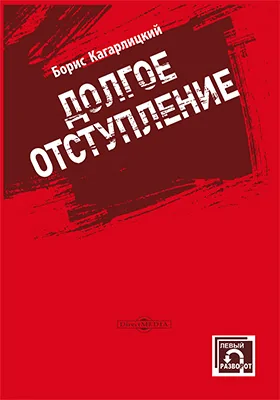
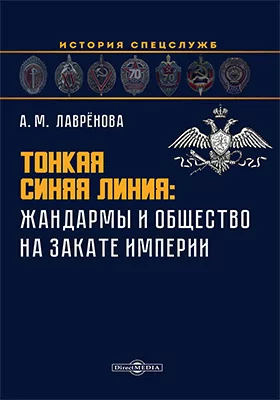
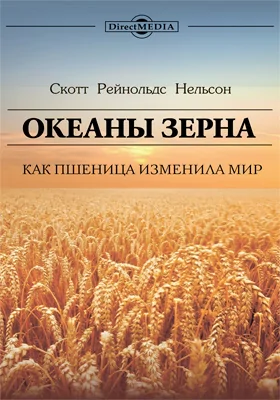
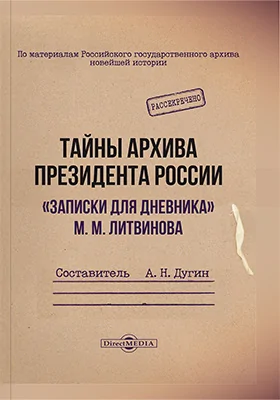
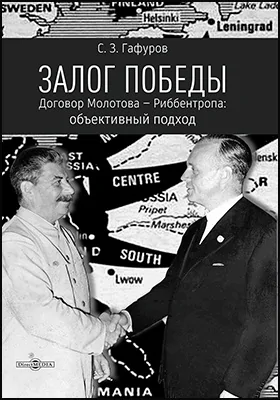
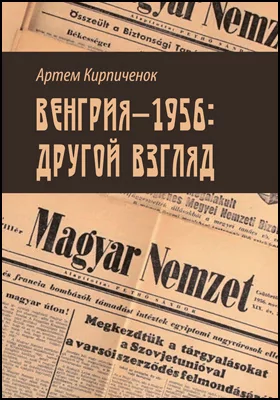
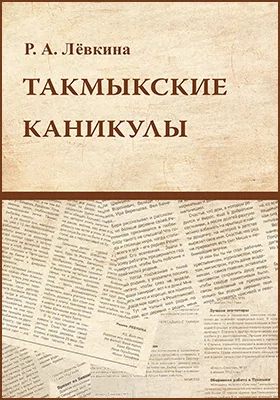
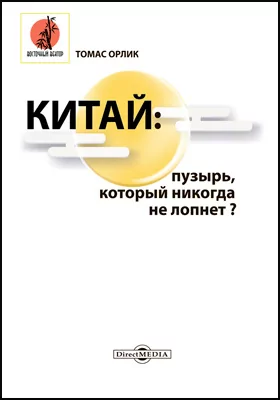
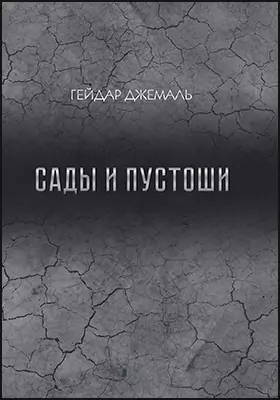
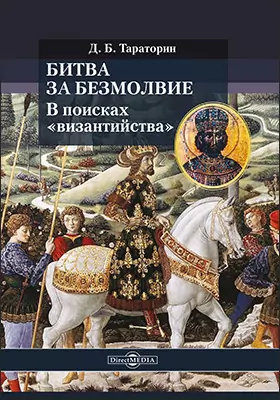
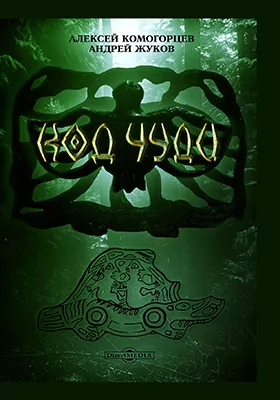
Новинки книги нон-фикшн

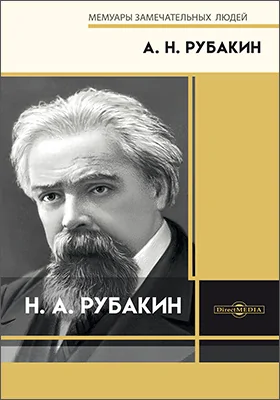
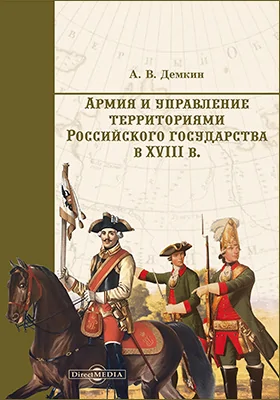

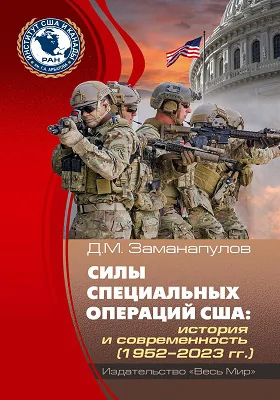
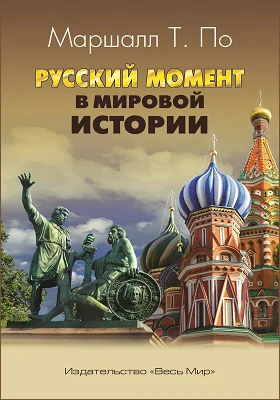
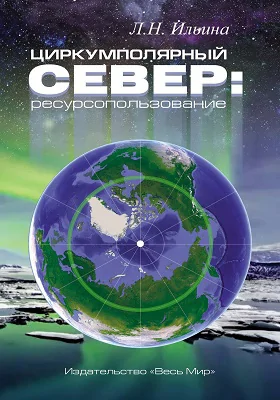
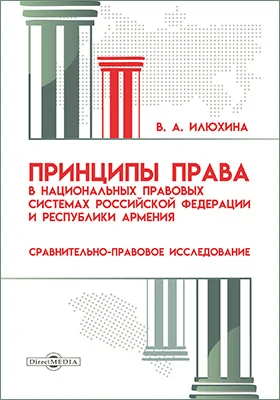
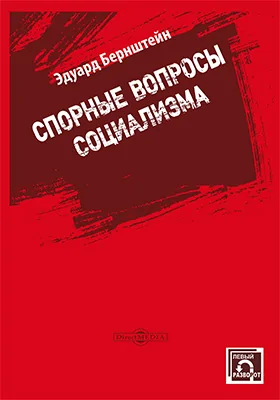
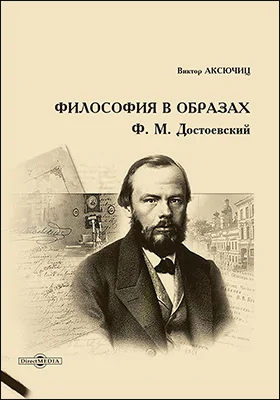
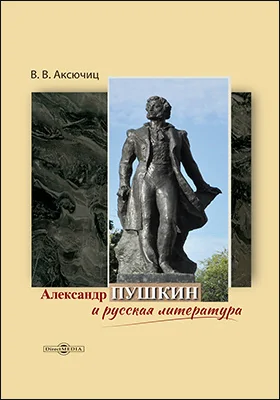
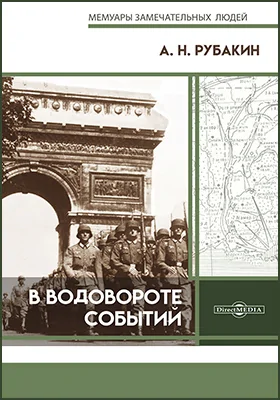
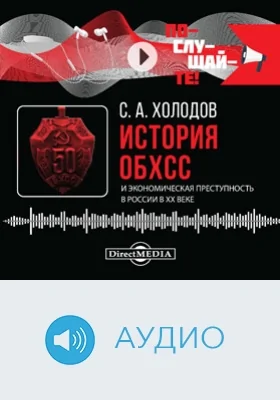
и мы свяжемся с вами в течение 15 минут
за оставленную заявку
